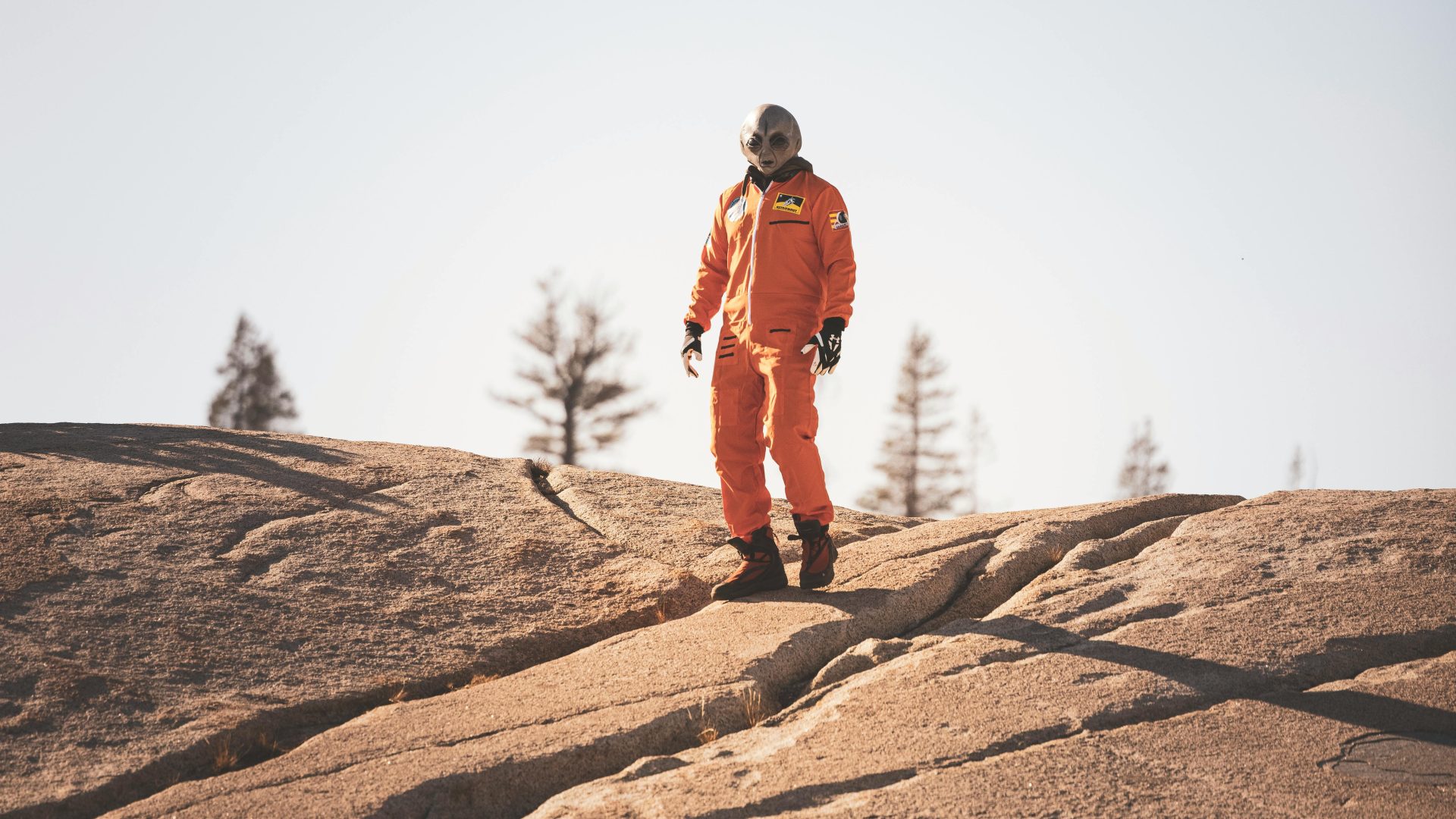Exploring Vallée’s Notable Encounter with “Major Murphy” – What are Your Thoughts?
Messengers of Deception is widely regarded as Vallée’s most contentious work among ufologists. Its notable shift in tone and emphasis from his earlier books—like Passport to Magonia and The Invisible College—sparked criticism from some researchers, including Gordon Creighton, who argued that Vallée was retreating from crucial ideas. Although contradictions existed in his earlier writings, they were less conspicuous than those found in Messengers. Nonetheless, Vallée’s close associates lauded the book, and he often celebrated its impact.
The main thesis of Messengers of Deception posits that a significant portion of the UFO phenomenon—perhaps all of it—stems from psychological factors or human manipulation, involving military intelligence or clandestine groups. Paradoxically, Vallée was also insatiably collecting UFO debris and artifacts. Defenders of Messengers often overlook that in later years, Vallée would view UFOs as entirely real, distancing himself from some ideas he initially presented in the book. This recurrent shift reveals the inconsistencies throughout his work.
Instead of getting caught up in broader contradictions, let’s focus on a pivotal moment in Messengers of Deception—Vallée’s encounter with “Major Murphy.” This meeting marks a significant turning point for Vallée, influencing much of his thinking thereafter. Below is my analysis of this scene, accompanied by direct quotes from the text.
At the heart of the book lies Vallée’s encounter with “Major Murphy,” a chance meeting at a “contactee” gathering. While many exchanges with intelligence operatives can be intriguing, they often serve as vessels for dubious claims—essentially disinformation that Vallée reluctantly begins to accept. Murphy asserted that UFOs, as artificial entities, should be studied by intelligence agencies rather than the scientific community. This assertion implies a willingness for intelligence to control the narrative surrounding UFOs, a dynamic that seems to have materialized. Murphy also suggested that numerous concepts from contactees might be part of a psychological operation (Psy Op) intended to sway public opinion. While the existence of infiltrators in ufological groups is factual, the extent of their influence remains unclear; it’s likely that most contactee experiences are not, in fact, orchestrated.
Murphy’s statements suggested a persuasive agenda. He mentioned that by the end of World War II, research into mind control and the effects of electromagnetic radiation on humans had progressed significantly. Vallée challenged Murphy, but the latter continued, positing that some devices tested after the war could emit radiation causing paralysis and hallucinations, leading witnesses to misinterpret their experiences as UFO sightings. Vallée noted that while Murphy acknowledged a genuine UFO phenomenon, he also claimed that it might be possible to artificially produce both sightings and the effects described by contactees.
Following this conversation, Vallée noted a surge in his journal entries reflecting similar themes. He implied that many UFO sightings were mere “bubbles” created by infiltrators, while only the “real” incidents were elaborate Psy Ops. Vallée seemed to be piecing together a narrative, giving considerable weight to Murphy’s ideas. It’s worth mentioning that the myth surrounding German Wunderwaffe (wonder weapons) had been discredited long ago, although it still held an allure. The actual German projects were largely fabrications, and the more advanced research into psychotronics was still in its infancy.
Interestingly, Vallée’s specific interest in cattle mutilations undermined Murphy’s overarching claims because replicating these cases would require skills and technologies far beyond mere “psychotronics.” Vallée speculated that some might have craftily orchestrated these mutilations, akin to operations during the Vietnam War, but the execution of these cases would necessitate levels of time, precision, and stealth that transcended conventional military capabilities. Vallée’s own observations contradicted many

Your analysis of Vallée’s encounter with “Major Murphy” in Messengers of Deception raises some significant questions about the nature of the UFO phenomenon and the influences that shape our understanding of it. Vallée’s shift in perspective, especially his consideration of the possibility that UFOs could be the result of psychological manipulation, reflects a broader intellectual journey that many researchers in the field undergo.
I can see both sides of the argument here. On one hand, Vallée’s initial fascination with the potential for genuine extraterrestrial contact seems to clash with the implications of Murphy’s claims. Vallée’s openness to Murphy’s ideas, which suggest that much of the UFO lore could be orchestrated by human hands, does leave room for critique regarding his credibility as a researcher. It also hints at the challenge of navigating a terrain where sincere exploration can sometimes become entwined with disinformation and manipulation.
However, it’s essential to consider that Vallée was likely grappling with the contradictions within the UFO discourse itself. The very nature of the phenomenon is shrouded in mystery, and as new evidence or hypotheses arise, it’s natural for even seasoned researchers like Vallée to reevaluate their positions. His interactions with Murphy could be seen as an intellectual exercise—a way to explore the darker, more complex layers of the UFO narrative and acknowledge that our understanding might be shaped by more than just the evidence in front of us.
Moreover, Vallée’s later reservations about some of Murphy’s assertions suggest that while he was influenced by the Major, he didn’t fully concede to those ideas without further scrutiny. As you noted, Vallée would evolve his views once more, reflecting a persistent exploration of the phenomenon rather than a strict adherence to any one paradigm.
In summary, while Vallée’s willingness to consider Murphy’s claims might appear as a departure from his earlier convictions, it also illustrates the dynamic nature of inquiry in the face of such an enigmatic subject as UFOs. His journey underscores the importance of remaining flexible in our understanding and attentive to the potential for human agencies influencing our perceptions of the seemingly otherworldly. Ultimately, the real challenge lies in distinguishing between credible insights and mere speculation, a task that requires ongoing investigation and critical thinking.